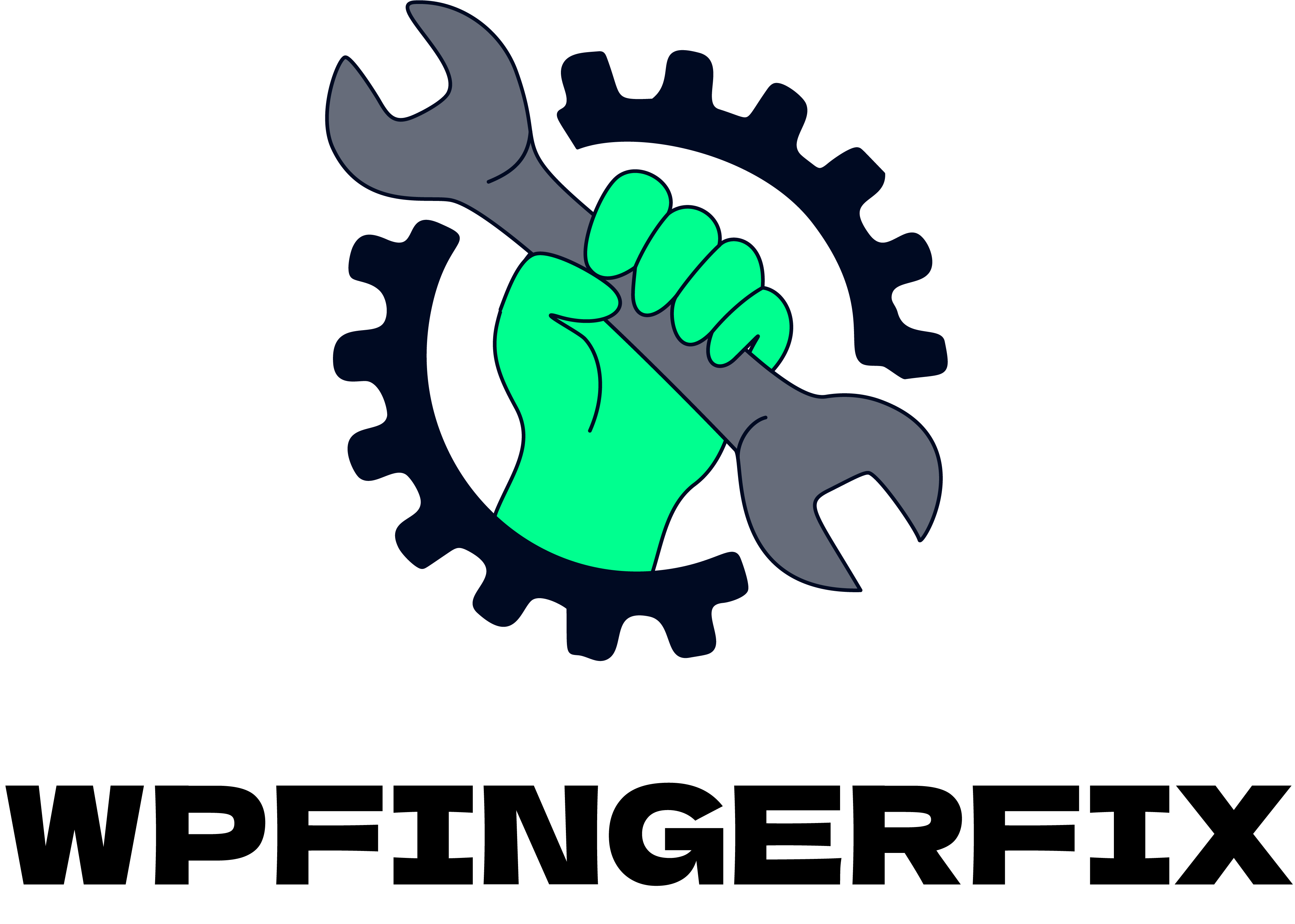The Significance of Website Speed
The speed at which your WordPress website loads has a profound impact on user satisfaction and engagement. Research has consistently shown that users are more likely to abandon a website if it takes more than a few seconds to load. Slow-loading websites not only frustrate visitors but can also harm your site’s bounce rate, conversion rates, and ultimately, your revenue.
Moreover, leading search engines like Google take website speed into consideration when determining search rankings. Websites that load slowly are often penalized, with faster-loading sites taking precedence in search engine results pages (SERPs). Therefore, optimizing the loading speed of your WordPress website not only enhances user experience but also improves your website’s visibility and organic traffic.
Effective Strategies for Accelerating Your WordPress Site:
- Optimize Images: Images are often the largest files on a website and significantly contribute to slow loading times. To address this, consider compressing and resizing images before uploading them to your WordPress media library. Alternatively, you can use plugins like Smush or Imagify to automatically optimize images without compromising quality.
- Utilize a Caching Plugin: Caching plugins for WordPress are designed to generate static HTML versions of your web pages, leading to faster loading times. Popular options such as W3 Total Cache and WP Super Cache can significantly enhance your website’s performance by serving cached content to users, eliminating the need for resource-intensive database operations.
- Minify CSS and JavaScript Files: Reducing the size of your CSS and JavaScript files by eliminating unnecessary comments, white space, and formatting can make a substantial difference in loading times. You can simplify this process by using plugins like Autoptimize or WP Rocket, which effortlessly minify your site’s code and enhance performance.
- Leverage Content Delivery Networks (CDNs): CDNs operate by distributing website files across various servers globally, minimizing the distance between users and your site’s server. Through caching and delivering content from the nearest server location, CDNs like Cloudflare, StackPath, and KeyCDN can significantly reduce latency and enhance loading speed.
- Optimize Your Database: Regularly cleaning up your WordPress database by removing unnecessary data such as spam comments, post revisions, and transients is crucial. Plugins like WP-Optimize or WP-Sweep can automate this process, reducing database bloat and optimizing query execution times.
- Enable GZIP Compression: GZIP compression enables files to be compressed and sent to users’ browsers more quickly, resulting in reduced file sizes and faster loading speeds. Most caching plugins offer GZIP compression as a feature, but you can also enable it manually by adding code to your .htaccess file.
FAQs – Frequently Asked Questions:
- How can I assess my WordPress site’s loading speed? Multiple tools, such as GTmetrix, Google PageSpeed Insights, and Pingdom, are available for testing your site’s loading speed. These tools provide comprehensive reports on current loading times and offer suggestions for improving site performance.
- Can having too many plugins slow down my WordPress site? Yes, having an excessive number of plugins can indeed impact your site’s loading speed. Each plugin adds extra code, which can increase the time it takes to render a page. It is advisable to only install essential plugins, choose lightweight alternatives, and periodically review and remove unnecessary ones.
- What should I do if my WordPress site remains slow despite implementing these tips? Website speed can be influenced by various factors, including hosting quality, server response time, and the complexity of your site’s theme and plugins. If your site continues to be slow after following these tips, consider upgrading your hosting plan or consulting a website performance expert.
Conclusion:
In today’s fast-paced digital landscape, optimizing your WordPress website for lightning-fast loading times is imperative. By implementing the aforementioned tips, such as image optimization, caching, minification, and leveraging CDNs, you can significantly enhance your website’s loading speed. This not only provides an exceptional user experience but also bolsters your online presence. Remember, speed is a critical component for success in the highly competitive online world, leading to increased conversions, improved SEO rankings, and heightened customer satisfaction.
